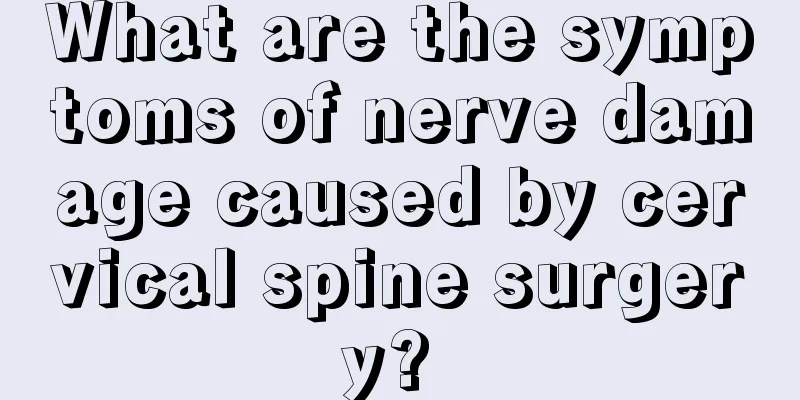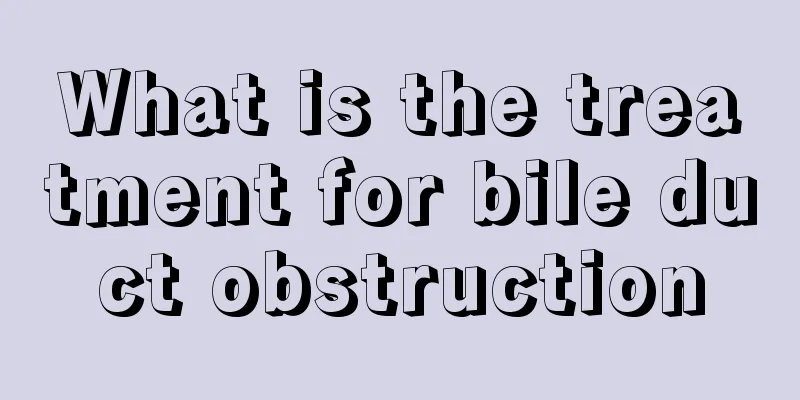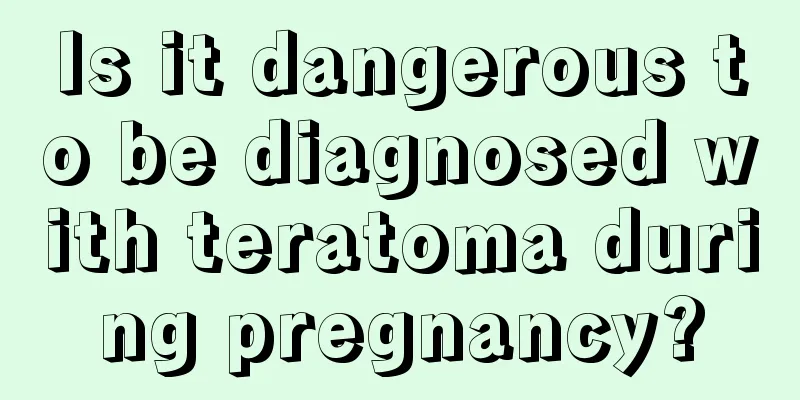What are the symptoms of nerve damage caused by cervical spine surgery?

|
The nerves in the cervical spine are relatively complex. If the cervical spine nerves are damaged, the impact on the body is quite wide, such as common symptoms such as choking, hoarseness, difficulty in pronunciation, etc. There are actually different types of nerve damage caused by cervical spine surgery, such as nerve traction and nerve severance, etc. These injuries will have a very direct and obvious impact on patients. In the case of cervical nerve injury, patients should undergo relevant follow-up examinations and treatments in a timely manner, and should also follow the doctor's instructions in terms of care, eat as light a diet as possible, and get more rest. Causes of nerve damage after cervical spine surgery Generally speaking, there is a hyperextension between the anesthesia position and the patient's surgical position during surgery, which will cause a hyperextension injury to the cervical spine before the operation begins. In addition, the displacement of the bone graft or the process of inserting the bone graft may cause damage to the spinal cord and spinal nerves; during the decompression process, the surgeon's uneven decompression may cause damage to the spinal nerve roots, especially in the junction area between decompression and non-decompression, which may cause some nerve damage. Types of nerve damage caused by cervical spine surgery The nerves that are damaged during cervical spine surgery are mainly peripheral nerves, among which recurrent laryngeal nerve and superior laryngeal nerve damage are the most common complications of anterior cervical spine surgery. There are two types of recurrent laryngeal nerve injuries: nerve traction and nerve transection, which mainly cause vocal cord paralysis, pronunciation and swallowing difficulties, and a feeling of shortness of breath. In addition to the above two types of nerve injuries, peripheral nerve injuries such as cervical sympathetic nerve trunk/ganglion injury, hypoglossal nerve injury, and donor area cutaneous nerve injury may also occur during cervical spine surgery. Symptoms of nerve injury caused by cervical spine surgery Superior laryngeal nerve injury may sometimes occur during anterior cervical spine surgery, which manifests as choking and coughing when drinking water or eating liquid food after the operation. The recurrent laryngeal nerve is prone to injury in the lower cervical spine, and breathlessness and hoarseness may be found during or after surgery. This complication is generally caused by traction injury and can usually be recovered 2 weeks after surgery. If you experience choking, difficulty swallowing, hoarseness, or difficulty pronouncing something after the operation, don't be anxious or afraid, because these functions are controlled by bilateral nerves. The nerve function on the other side is normal. Moreover, this type of nerve damage is generally traction injury, the nerve is not broken, and there is still a possibility of recovery. With proper training, dysphagia will gradually improve and hoarseness will gradually disappear. |
<<: What are the symptoms of cervical herniation compressing the dura mater sac?
>>: What should I pay attention to after having my wisdom teeth removed
Recommend
What are the effects and functions of small molecule active peptides
Small molecule active peptides are an element tha...
Banana peels can lower blood sugar. Here is an effective way to lower blood pressure.
Many foods around us have high sugar content, esp...
It turns out that fungal esophagitis is related to these four factors
Fungal esophagitis is a special type of esophagit...
Will sex help you lose weight
Speaking of weight loss, I believe most of my fri...
There are three pains in the early stage of bone cancer
Regarding the saying that bone cancer causes pain...
Tap water can easily cause bladder cancer? Dietary treatments that can help patients with bladder cancer
Although the incidence of bladder cancer is not a...
Will antibiotics make you fat?
Taking too many antibiotics will not actually mak...
How much does ovarian tumor cost
The ovary is a female reproductive organ, where e...
What should I do if my feet are swollen after being bitten by ants
It is very common for people to encounter mosquit...
Someone asked me why mosquitoes don’t bite me?
Mosquitoes are the most annoying creatures in sum...
What adverse skin manifestations will occur after gastric cancer occurs
Gastric cancer often causes paraneoplastic syndro...
What is the immune status of bladder cancer
In recent years, bladder cancer has become one of...
Using toothpaste can treat glans sensitivity
Sensitive glans penis is a problem that many men ...
Does the new sofa contain formaldehyde?
Many people worry about whether it contains a lot...
Several causes of pancreatic cancer that you need to pay attention to
Among the many causes of pancreatic cancer, some ...









